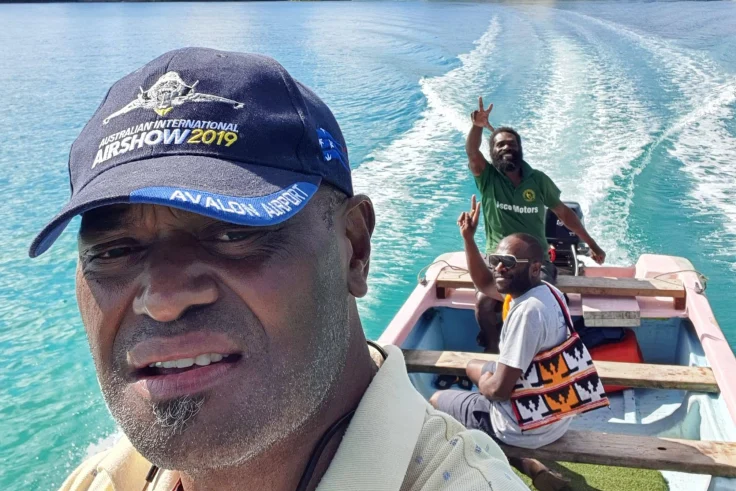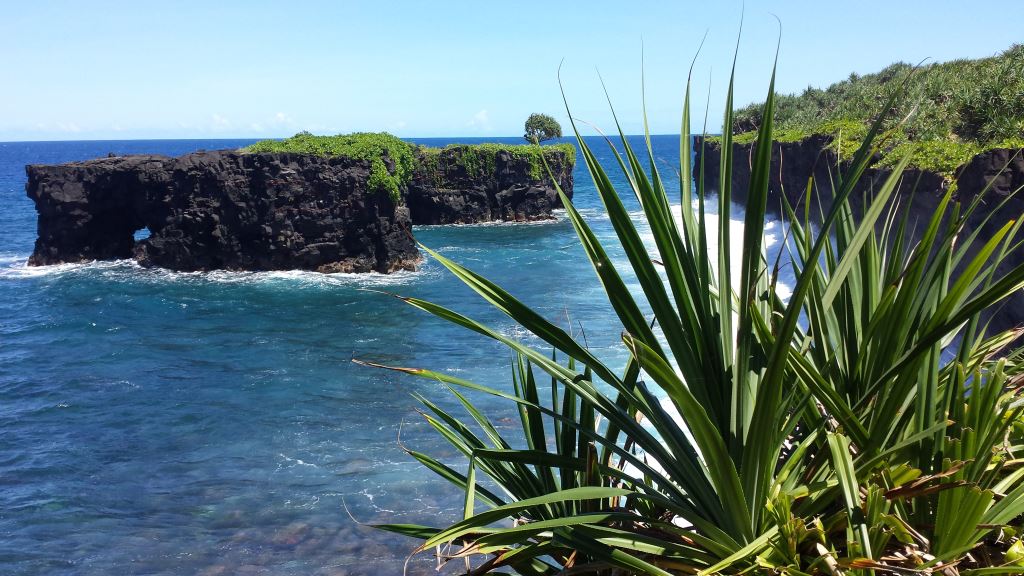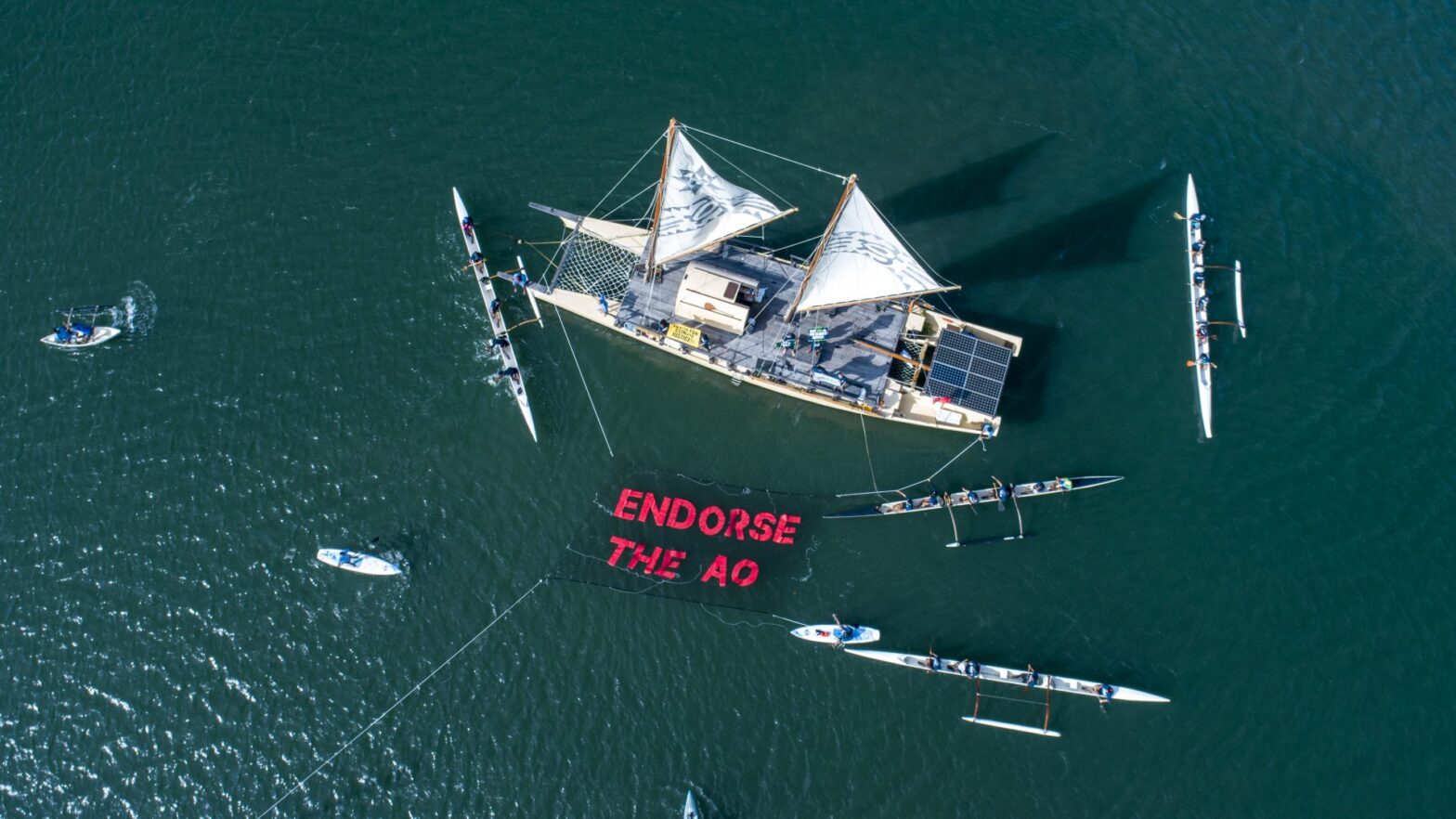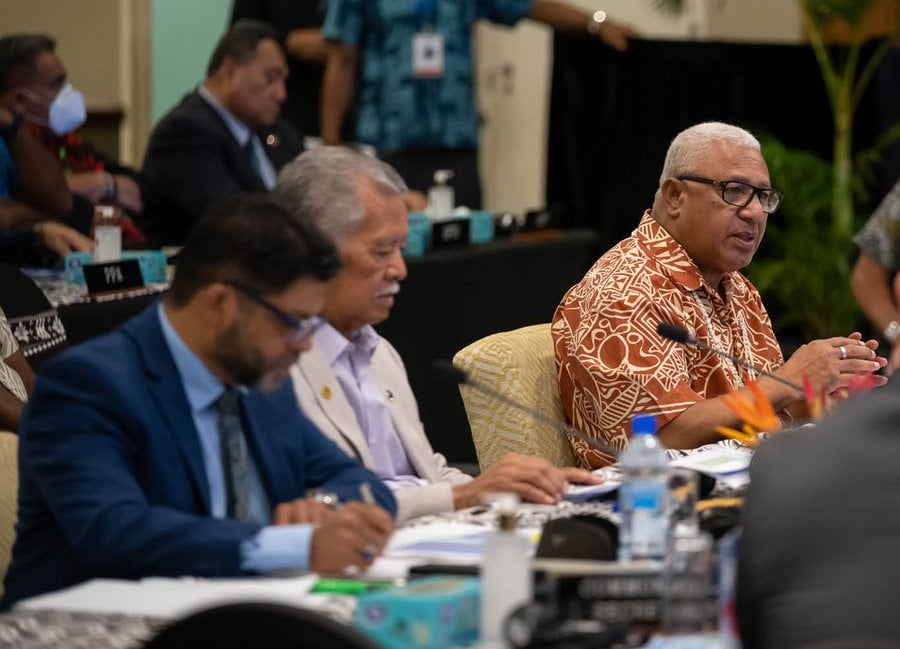Australia supportive of Vanuatu’s campaign to have the ICJ consider whether inaction on climate should be considered a breach of human rights
Australia is set to back Vanuatu’s campaign at the Pacific Islands Forum to have the International Court of Justice consider whether inaction on climate should be considered a breach of human rights, as Labor warns Australia may need to prepare to accept climate refugees.
On the opening day of the leader’s Forum in Fiji, which was rocked by the last-minute withdrawal of Kiribati, Australia’s Minister for International Development and the Pacific Pat Conroy said Australia applauded the campaign by Vanuatu.
“We are supportive of the process,” Conroy said. “This is a really important resolution that will help increase momentum for action on climate change.”
The comments follow a direct request by Vanuatu’s climate change envoy, Bakoa Kaltongga, for Australia to back the campaign ahead of the leaders meeting in Suva. “Vanuatu looks forward to the unanimous endorsement, including by our brothers and sisters from Australia and New Zealand,” Kaltongga told The Sydney Morning Herald and The Age on Monday.
But concerns remain around the prospect of Australia attempting to water down Vanuatu’s request.
“We need to [and] all nations need to work through what the specific questions to the International Court of Justice will be that Vanuatu will put in their resolution to the UN General Assembly,” Conroy told ABC Radio National on Monday.
“[It’s important] that any questions talk about the obligations on all major emitters past, present and future. Because it’s very important that we just don’t look at what has occurred in the past in terms of emissions but continue to put pressure on all countries, particularly major emitters, into the future to reduce their emissions.”
If the resolution passes the Pacific Island Forum and then the broader UN General Assembly, the International Court of Justice and the UN Human Rights Council would have the power to consider whether countries have made human rights breaches by failing to cut emissions.
The issue is particularly sensitive in Pacific Island countries, which are facing rapidly eroding coastlines and the highest economic costs from climate change but contributes a fraction of the world’s greenhouse gases. Australia has among the world’s highest per capita carbon emissions due to its intensive mining and farming industries.
Dr Tess Newton Cain, a Pacific expert at Griffith University, said Conroy’s push to collaborate on the wording of the request to the court suggested “there was a little hesitation about Vanuatu having full ownership of this”.
“There has been some concern that Australia was seeking to water down the language,” Newton Cain said.
“Everyone is taking note of the change of content and tone from Australia under Labor. But there is an expectation that there will be more in terms of coming on board and aligning with Pacific priorities.”
Conroy said Australia would need to be prepared to help refugees who are forced to move within and from Pacific nations due to climate change.
“This is a real challenge, and it’s one where we’re working hard, first, to avoid climate change where we can through our commitment to international action,” he said.
Changes to climate change policy and building diplomatic relationships with international counterparts are high on the priority list for Prime Minister-elect Anthony Albanese.
“One of the aspects of climate change we’re going to have to deal with is islands that are disappearing, and how we handle human movement around that is a critical question into the future. New Zealand has looked at specific visas. That’s an issue that, I think, will come up in future Pacific Island Forums.”
Newton Cain said the prospect of islanders being forced from their homes by climate change was a highly sensitive issue in the region.
“The idea of people leaving their land and the remains of their ancestors and detaching themselves is a very big issue for Pacific communities, and it is one that is viewed with an awful lot of trepidation,” she said. “There is a lot more to it than saying everybody hop on the boat we are going to take you somewhere where you are not going to be swamped by the sea.”
Prime Minister Anthony Albanese will arrive at the Forum on Wednesday, two days after Kiribati withdrew. Kiribati President Taneti Maamau accused the Forum of failing to adequately address the concerns of Micronesian countries. The Forum also angered the Pacific nation by opting to hold the regional dialogue during Kiribati’s national day.
Kiribati is seen as a potential partner for China in the region after Beijing attempted to go around the Pacific Islands Forum to secure a region-wide security deal in May. Kiribati has maintained that a Chinese state-backed proposal for an airstrip on one of its islands halfway between America and Asia would be strictly for civilian use.
The President of the Federated States of Micronesia, David Panuelo, appealed to Pacific Island leaders to maintain solidarity amid growing geopolitical competition in the region.
“Consensus has always been the format of our way of doing things together,” he said. “The harmony and peace of our region is of vital importance. Our national interests must come first. We don’t want our region to be collateral damage again.”
This story was written by Eryk Bagshaw, originally published at SMH on 11 July 2022, reposted via PACNEWS.




